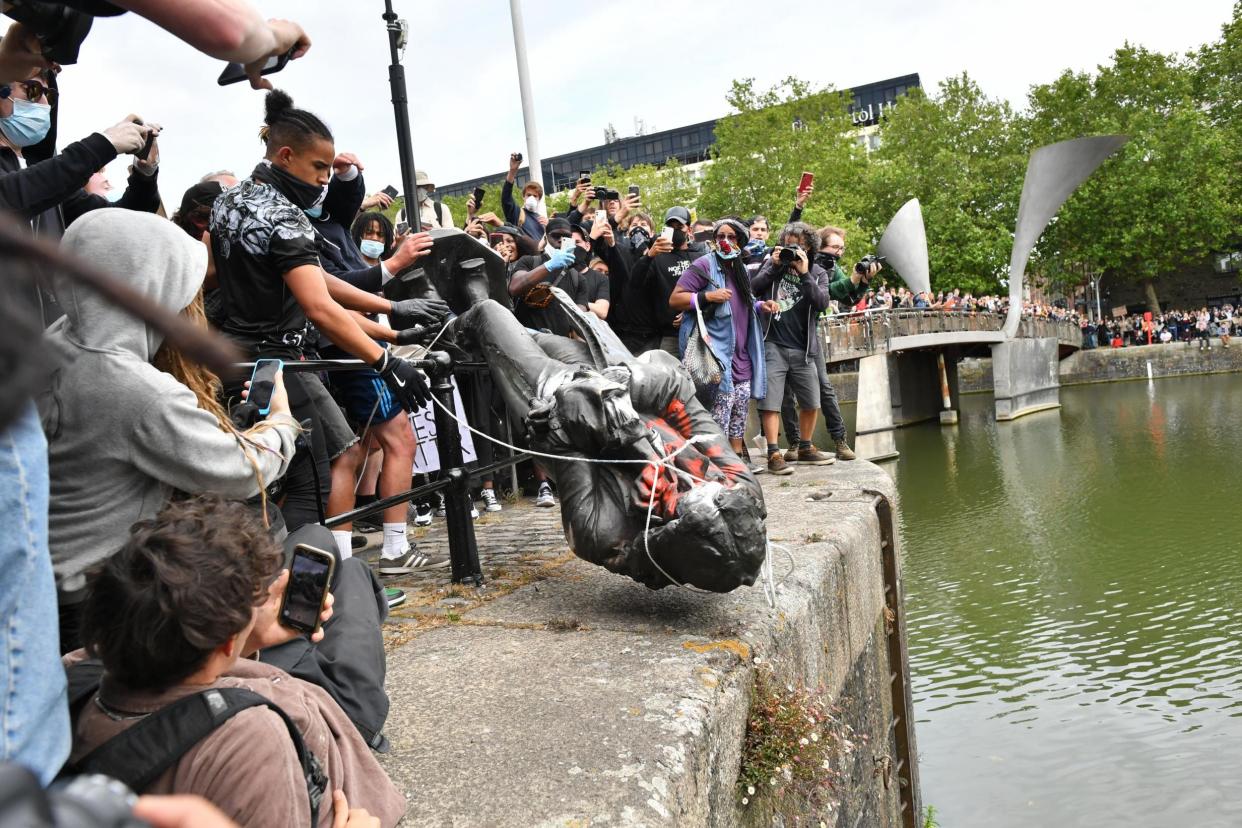People expect sensible debate about education – not inflammatory rows about ‘decolonising’ the curriculum

It is often said that nobody in the real world – away from Twitter and the Westminster bubble – is much distracted by the so-called culture war.
Having run countless focus groups across the country in the last year, as various parties from various political positions have attempted to fan the flames of the conflict, I would say this is broadly true. Most people do not bring up unprompted, for example, whether the ex-editor of the Daily Mail should be the next chairman of Ofcom or not. Perhaps they should, but they don’t.
But I would also say that this doesn’t mean “normal people” are actively uninterested when you ask them about the main battlefields (the existence of statues of slavers, for instance, causes heated debate). They do have opinions on such matters – and strong ones at that.
So perhaps it should not have come as much of a surprise that a poll for education charity the UPP Foundation – carried out by Public First, where I am a director – found last month that less than a quarter of the public in England support the idea of “decolonising” the curriculum.
This stark statistic was, of course, picked up by the media and written up as a sign that the general public is moving behind the right wing when it comes to the never-ending row about the kind of thing that should or shouldn’t be taught in classrooms and lecture theatres.
But dig a little deeper and you find that the polling results are rather more intriguing than a cursory reading might suggest. Indeed, in the same poll, when the same sample was asked about broadening the curriculum so that it should take in “people, events, materials and subjects from across the world”, respondents overwhelmingly backed the idea, with 67 per cent approving of it and just 4 per cent against.
This should come as little surprise. As my colleague James Frayne has written about compellingly, the English working class is much more liberal and open on subjects such as ethnicity, gender and sexuality than many commentators – especially in the era of Brexit – might have us believe.
For those who campaign for school and university curricula to be reformed, there is an important lesson to learn here about the terms of the debate and not being drawn into artificially constructed rows. There is a line to be walked. We should perhaps avoid complaining that there are, for example, too many “dead white men” in literature set-text lists, and instead focus on making the canon bigger and more inclusive, not less. The British public evidently believe that young people should learn about cultures other than their own. But they also like traditional subjects and traditional works of literature.
“Normal people” in this country are very rarely racist, sexist or homophobic – and they don’t want to be participants in a culture war. What they are, however, is both sensible and pragmatic. And this is clearly reflected in their position on the curriculum. They want a broad church, not a sectarian battlefield.
A wise old friend said to me recently: “When caught in the middle of a culture war, the only sensible position to take is one of studied neutrality.” He was right, of course – and, as usual, the infinitely wise great British public seem to instinctively agree.
Ed Dorrell is a director at Public First
Read More
We need all sorts of accents on the BBC – I say that as a proud Brummie
Offering incentives to young people to get vaccinated is not coercion – it is good sense
A message to Lord Digby Jones: a posh accent clearly doesn’t stop you saying stupid things

 Yahoo News
Yahoo News 
